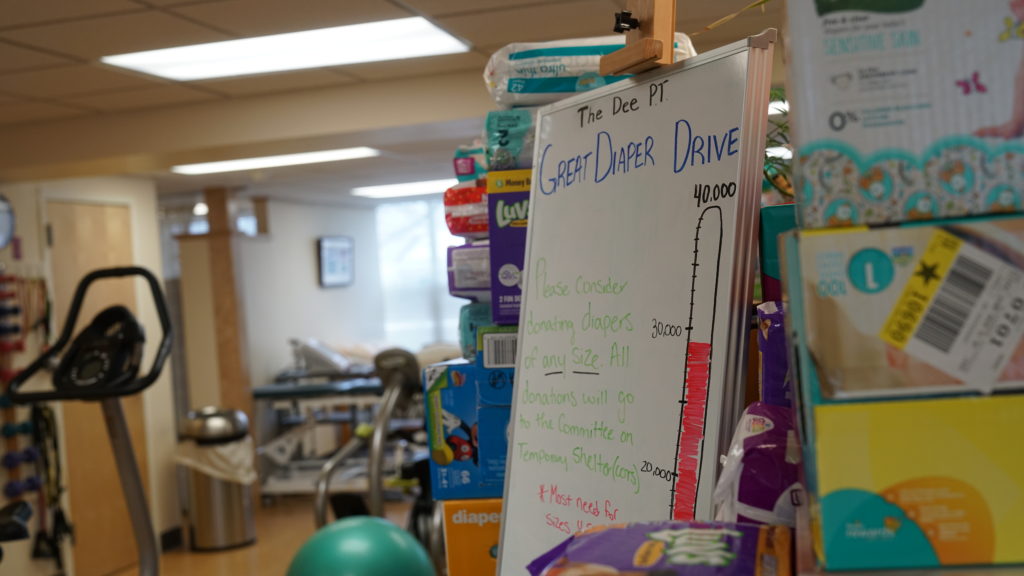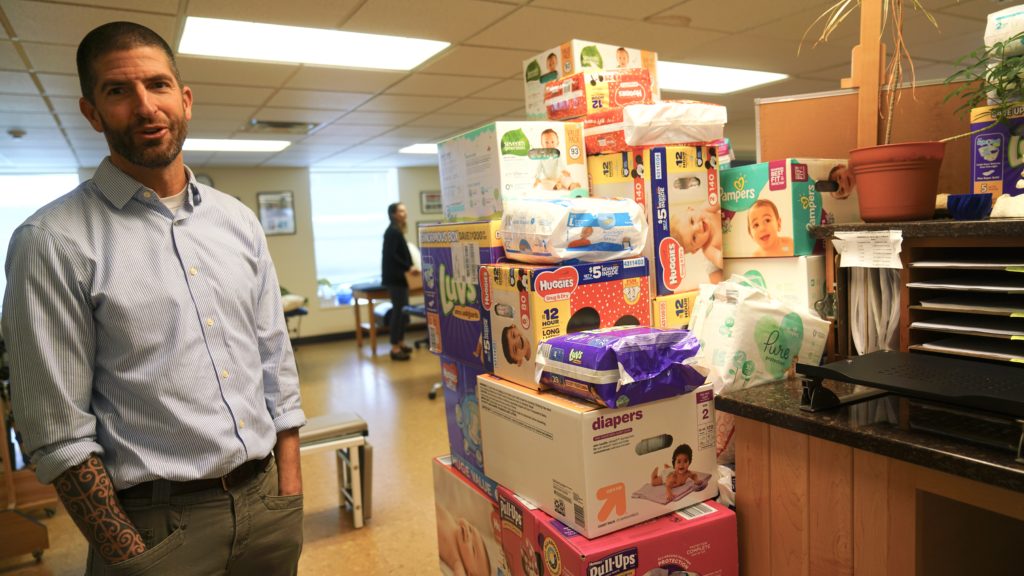This is a monthly series in which the Attorney General will feature a Vermonter doing exemplary work in their community. Have someone you think should be featured? Email AGO.CAP@vermont.gov.
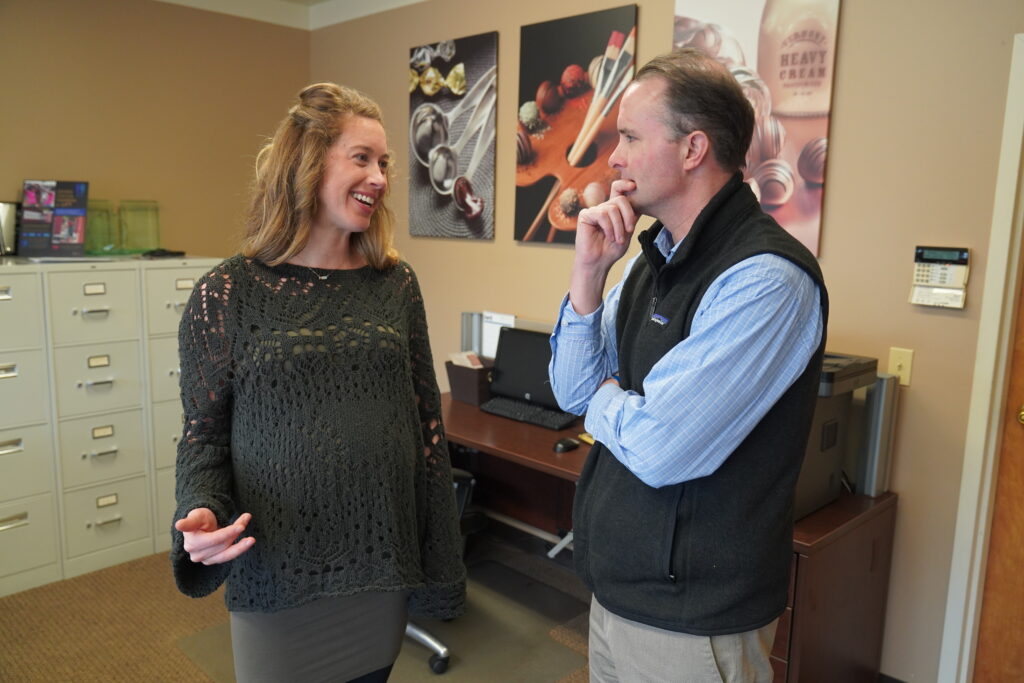
Julia Birnn Fields, 4th-generation owner of Birnn Chocolates of Vermont and our April Vermonter of the Month, didn’t always know she would take over the family business. She felt called to service when her father and uncle considered retirement.
Now, almost ten years later, it’s clear that she and her husband Mel found the right path: Her love for what she does shines through in her words.
Perhaps most inspiring, she has prioritized helping her employees grow. Why? She says, “Our employees are the heartbeat of our company and we would not exist without them.”
Birnn Chocolates hire many new Americans. Because English is a second language for those employees, they started offering English lessons during the work day. It all started because they “noticed that some of the most veteran employees for whom English was a second language weren’t being promoted as quickly as native English speakers.” Now, they work with the Vermont Refugee Resettlement Program to continue the lessons indefinitely.
Julia Birnn Fields exemplifies a connection to family, community, diversity and investing in employees. We’re proud to honor her as our April Vermonter of the Month.
Tell us a little about yourself (What is your official title? What has been your career path? How did you get to where you are?):
I am President and 4th-generation owner of Birnn Chocolates of Vermont. My degree is in Elementary Education, so the family business was not my chosen career path early on. After I graduated from college I taught skiing at Sugarbush Resort, gave tours and repped events for Magic Hat, worked summers for Appalachian Landscaping, and managed a seasonal restaurant. Each of those jobs taught me great life lessons on how to deal with people both internally and externally in a wide variety of businesses. Four years after graduation, when I was skiing 100+ days in the winter and caretaking a private island on Lake Champlain, my dad asked me what my plan was. I was a bit taken aback, as I thought I was living a pretty darn good life, but from my father’s eyes it didn’t seem like it was my forever path. My dad and uncle co-owned the family chocolate business, and they were beginning to think about retirement. My uncle doesn’t have kids and I’m an only child so their plan was quite simple: if I wasn’t interested they were going to sell. I honestly had never even considered working for my family; it was always my dad and uncle’s thing. However, the thought of them selling the multigenerational business didn’t sit right with me, and I wanted to at least explore the option before it was gone.
In 2010 my partner, Mel, and I made the life-altering decision to try the family business on for size and agreed to work for a year to see if it was a good fit for us. We knew we wanted to work together, whatever we did so this seemed like a logical option. Now, nine years later we are still here. Year one flew by, along with year two. We started in production, learning each job from the best, seasoned employees. I worked in the business in high school, so I did have some basic knowledge, but we still took the time to learn each position. We felt this step vitally important to truly understanding the business as a whole. Our roles evolved organically. We’d see an area that needed improvement and then help implement things to make people’s jobs easier. In doing so we not only gained respect from our coworkers, but also helped the company become more efficient. Year three we began talking about the future. It was clear we were quite happy in the business and were ready to talk seriously about succession. It took a couple of years to come up with a plan that felt really solid for all four parties involved. Mel and I became the 4th-generation owners in 2016 and simultaneously my dad and uncle retired. It was quite a big step but we all felt it was the right move for the company, our employees, and the bright future ahead. We’re now expecting a baby next month, the first of the 5th-generation!
What sets Birnn Chocolates of Vermont apart from other truffle makers? What’s your mission or motto?
We exclusively make chocolate truffles, no other products. We also only sell in bulk to the wholesale market and do not have a retail store of our own. Our number one focus is our wholesale customers and therefore our focus is on customer service and ensuring that our customers are getting what they need in a timely manner. We ship the same day that orders are placed, which is pretty unique in our business. We also ship year-round and cover the cost of extra insulation and ice packs during the warmer months. We’re family owned and operated so when you call you always get a person and we’re always willing to listen to customer requests and make a sincere effort to accommodate them. We are extremely efficient in what we do which helps tremendously with producing a high-quality product for a very competitive price.
Our mission: Above and Beyond – Every Day, Every Way, Everyone.
Our motto: We make truffles, for people who sell truffles, to people who love truffles.
What inspired you to offer English classes to your New American employees?
Mel and I noticed that some of the most veteran employees for whom English was a second language weren’t being promoted as quickly as native English speakers.
How did you promote the opportunity to your employees? How did you ensure that these classes were utilized?
We originally tried offering English classes before and after work and no one signed up. We were discouraged but understood why. We then met with the Vermont Department of Economic Development and received a grant for English lessons during the work day. The grant paid for half of the expense of hiring a teacher and paying our employees to attend the classes. Once the grant was completed, we wanted to continue offering this benefit to our English Language Learning employees so we made arrangements with the Vermont Refugee Resettlement Program to continue the lessons. We’ve offered English lessons for two years now and plan to continue them indefinitely.
What impact did offering these classes have on your business?
With just two hours a week (plus some voluntary homework) we’ve seen a significant increase in confidence and English usage in the workplace. This also creates a more inclusive environment for others that don’t speak another language. Previously there were a few different languages being spoken and it could feel isolating to some when a group of people spoke freely next to them in a language they did not understand. We’ve really tried to get everyone involved with our efforts and have asked our native English speakers to help others with their vocabulary and pronunciation. We’ve worked hard to create a safe and trusting space where people feel comfortable asking for help and guidance with the English language. It’s a win-win for everyone involved.
Would you recommend this to other small businesses? What advice do you have for other small businesses looking to create organizational change or empower their employees?
We feel that empowering our employees is the single most important thing that we can do. Not only does it tell them that we’re invested in their well-being, it’s very rewarding watching them learn and grow in an environment we’ve helped to cultivate. We also hope that this will carry over to interactions with communities outside of the workplace, and to further that aim, we’ve encouraged a curriculum that isn’t solely based on chocolate or manufacturing vocabulary. We would most certainly encourage any and all businesses to develop their own programs. The rewards are priceless. Our employees are the heartbeat of our company and we would not exist without them.

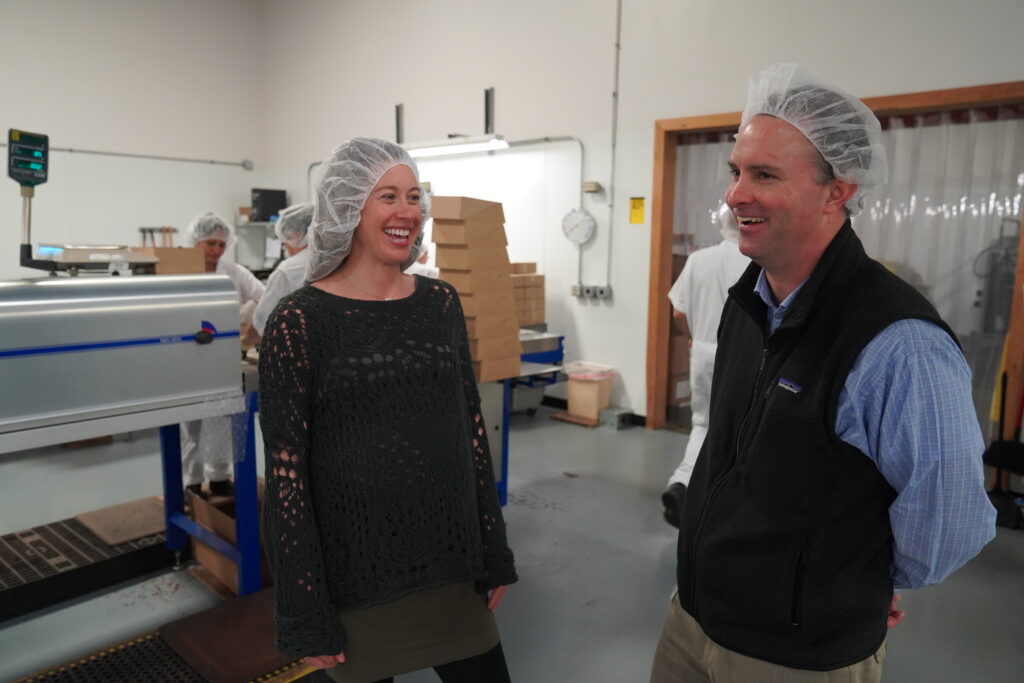
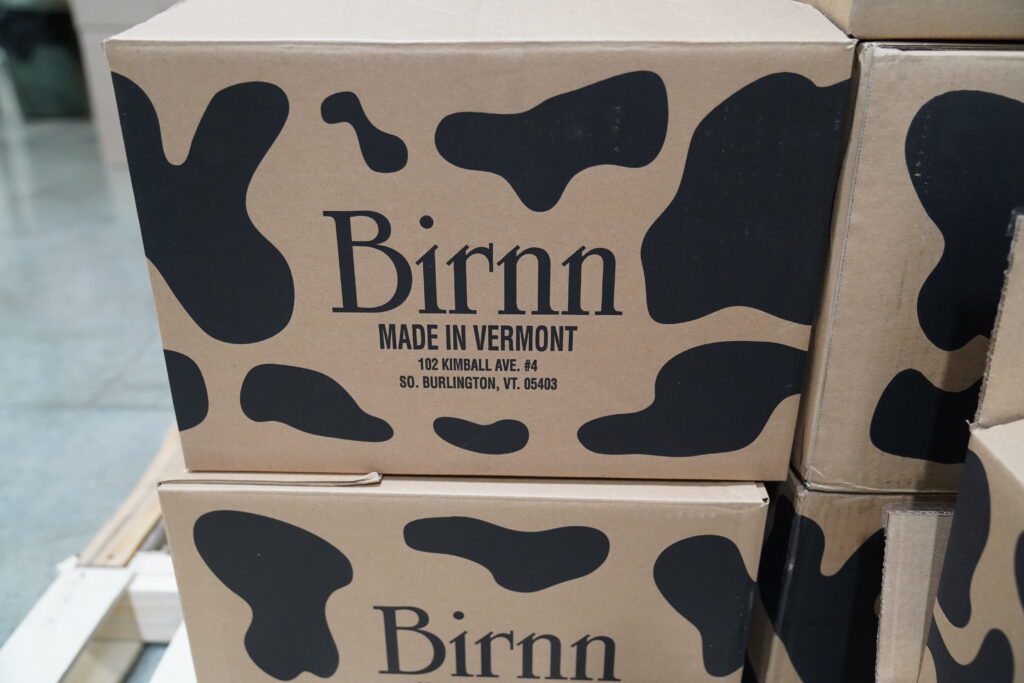

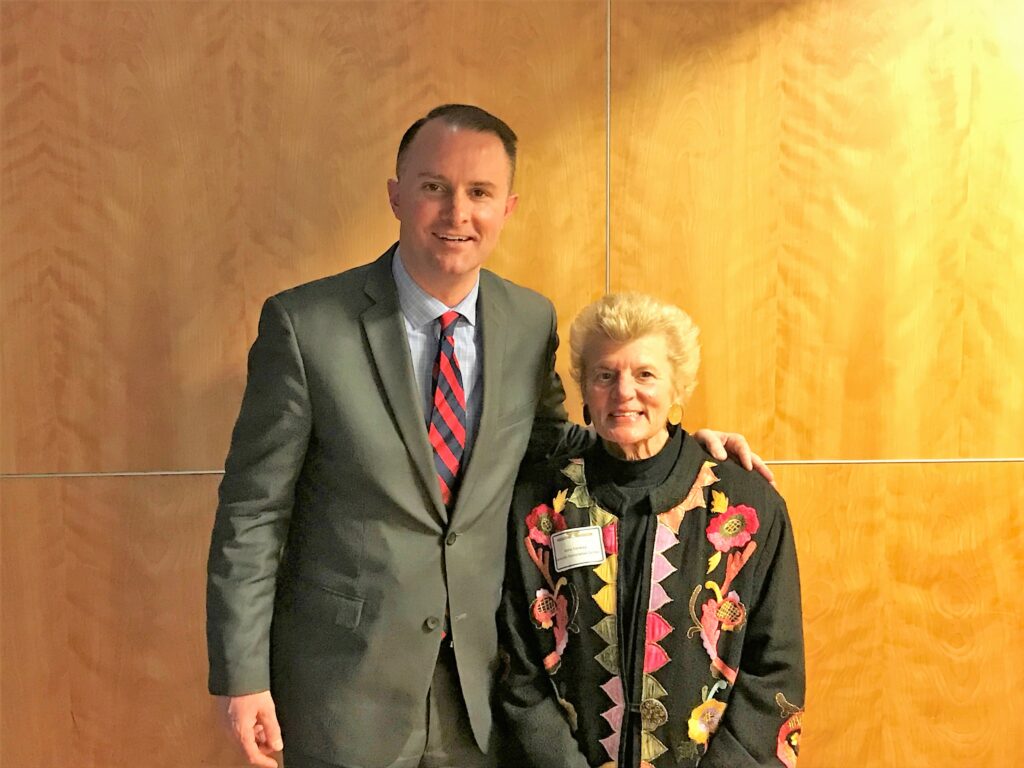
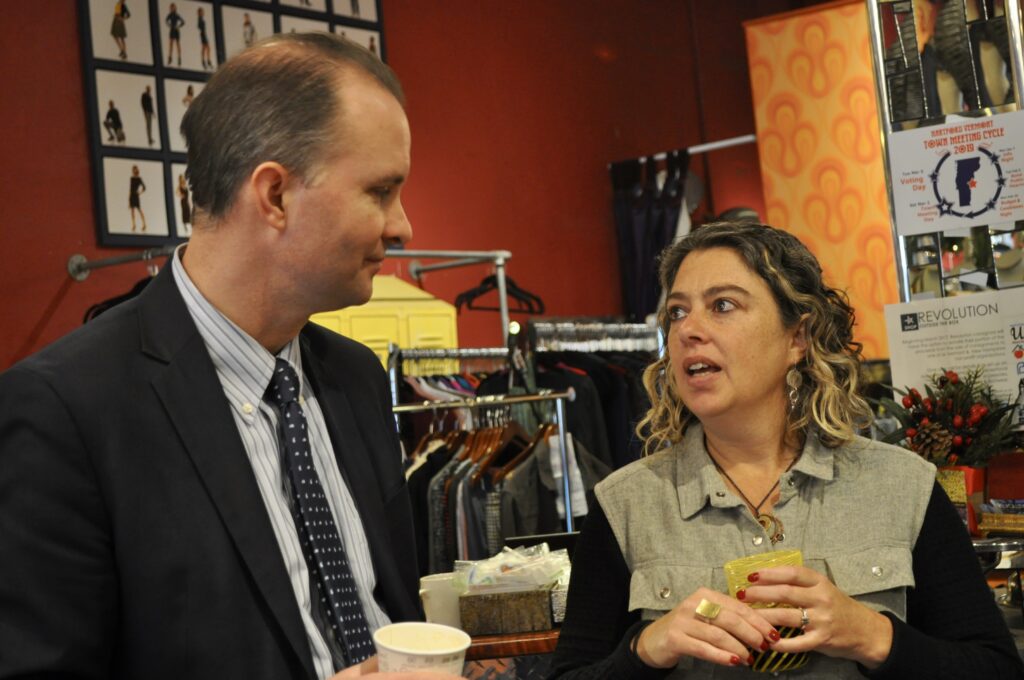
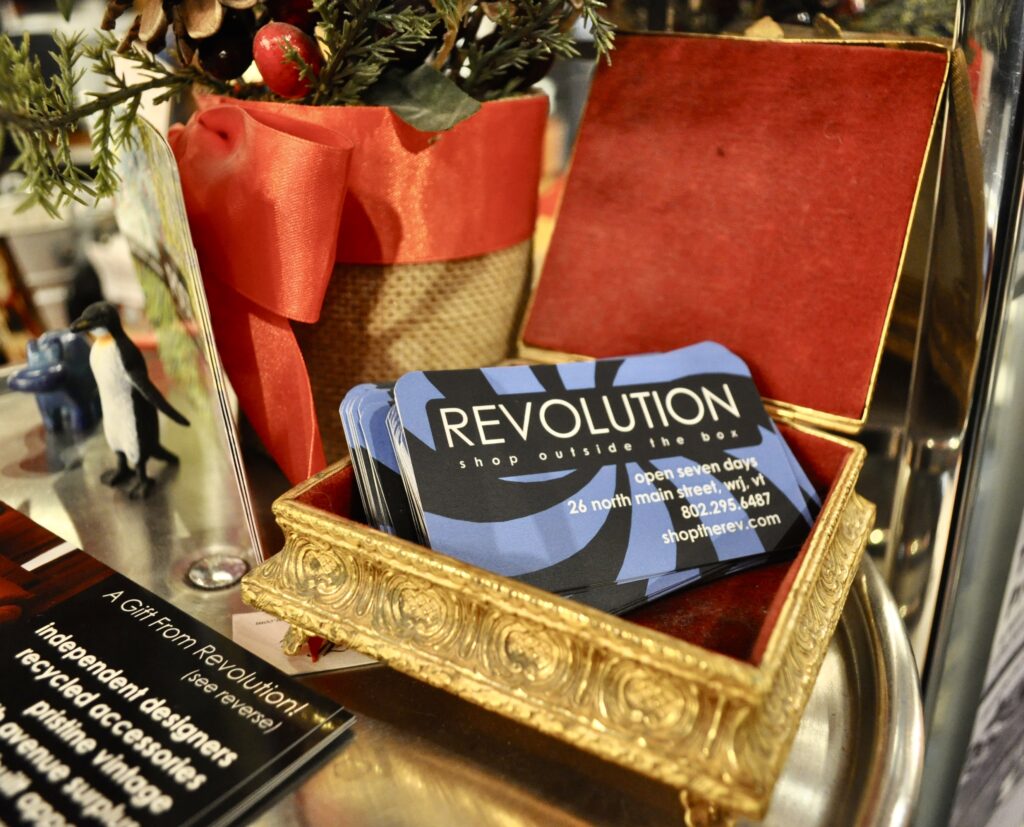
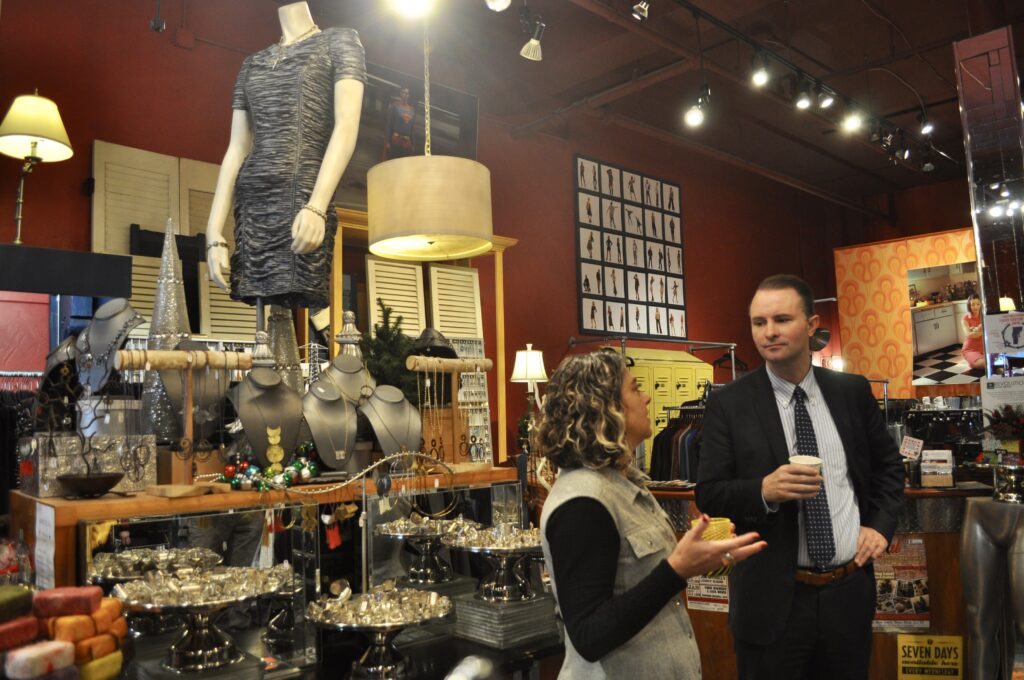
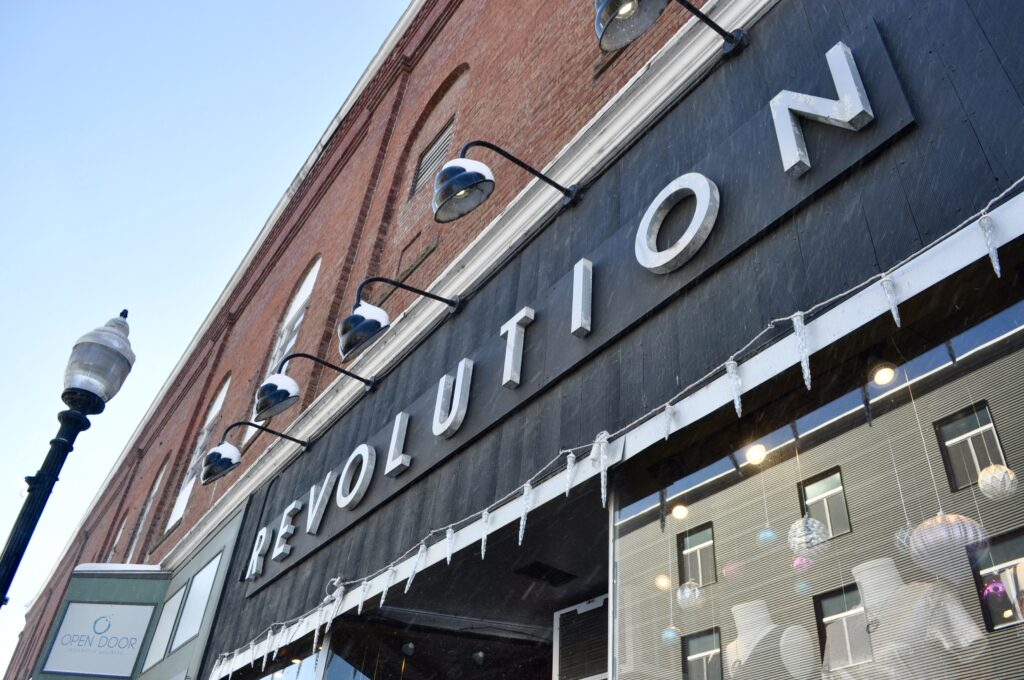
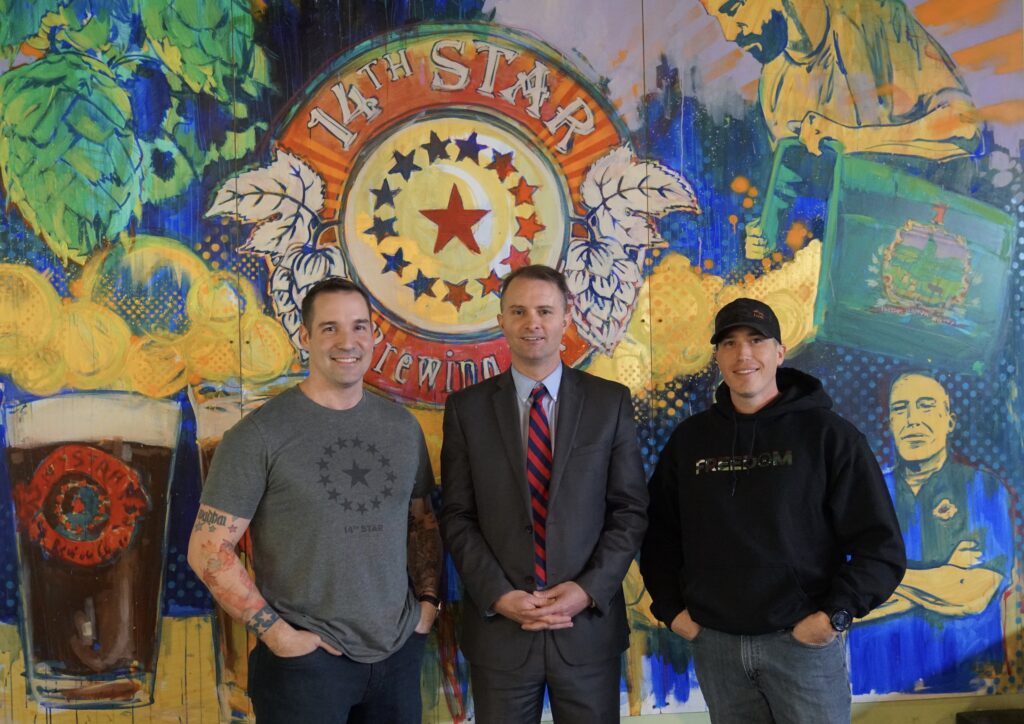 This is a monthly series in which the Attorney General will feature a Vermonter doing exemplary work in their community. Have someone you think should be featured? Email AGO.CAP@vermont.gov.
This is a monthly series in which the Attorney General will feature a Vermonter doing exemplary work in their community. Have someone you think should be featured? Email AGO.CAP@vermont.gov.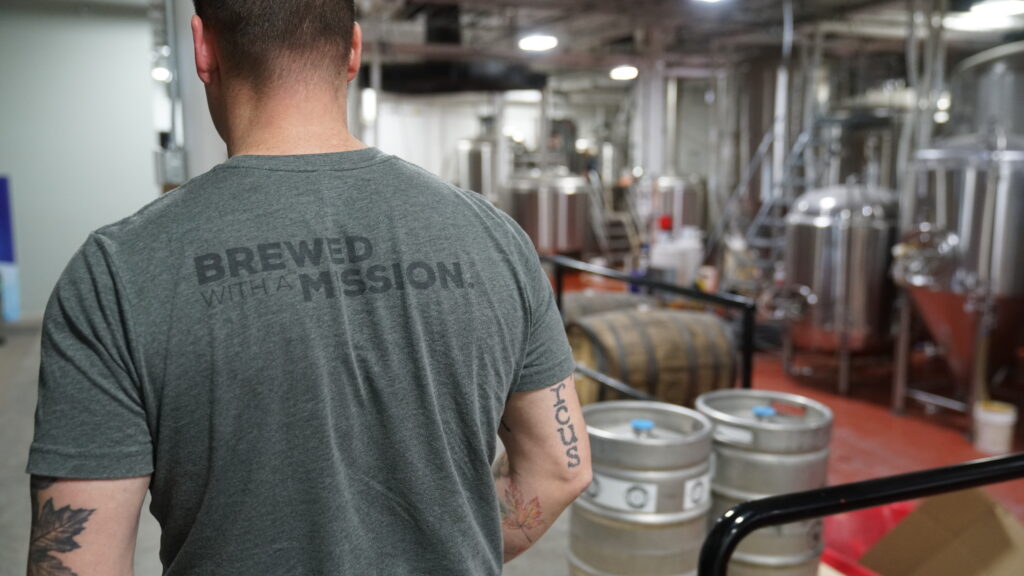
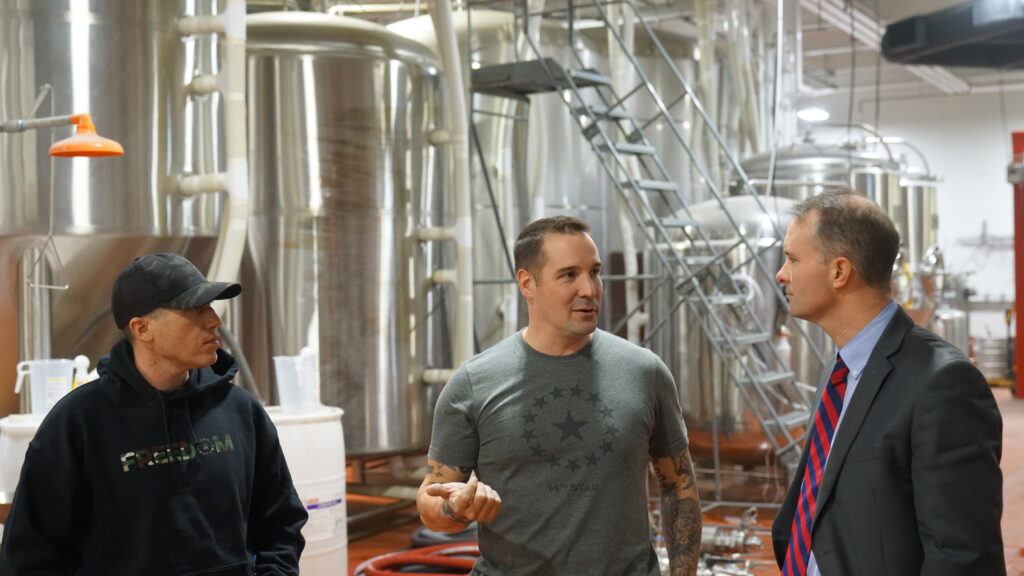
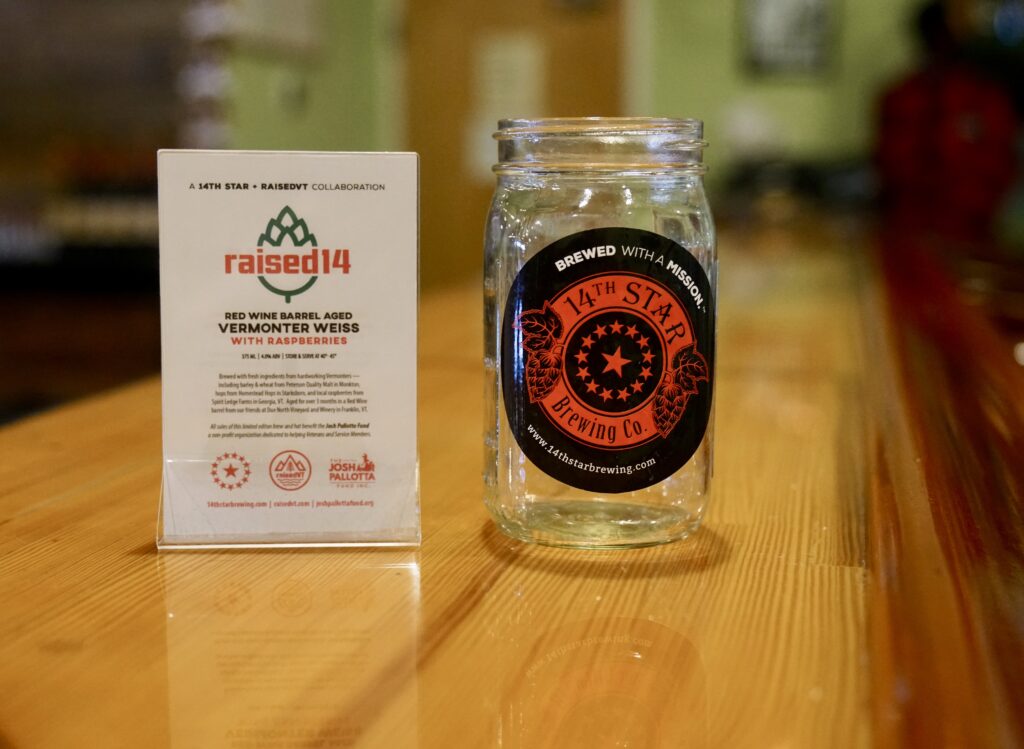
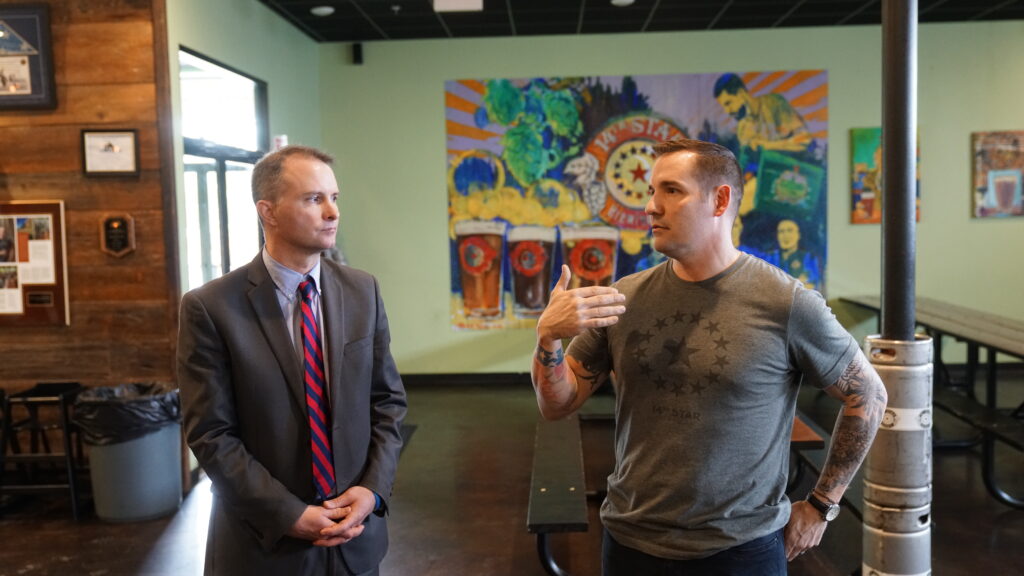
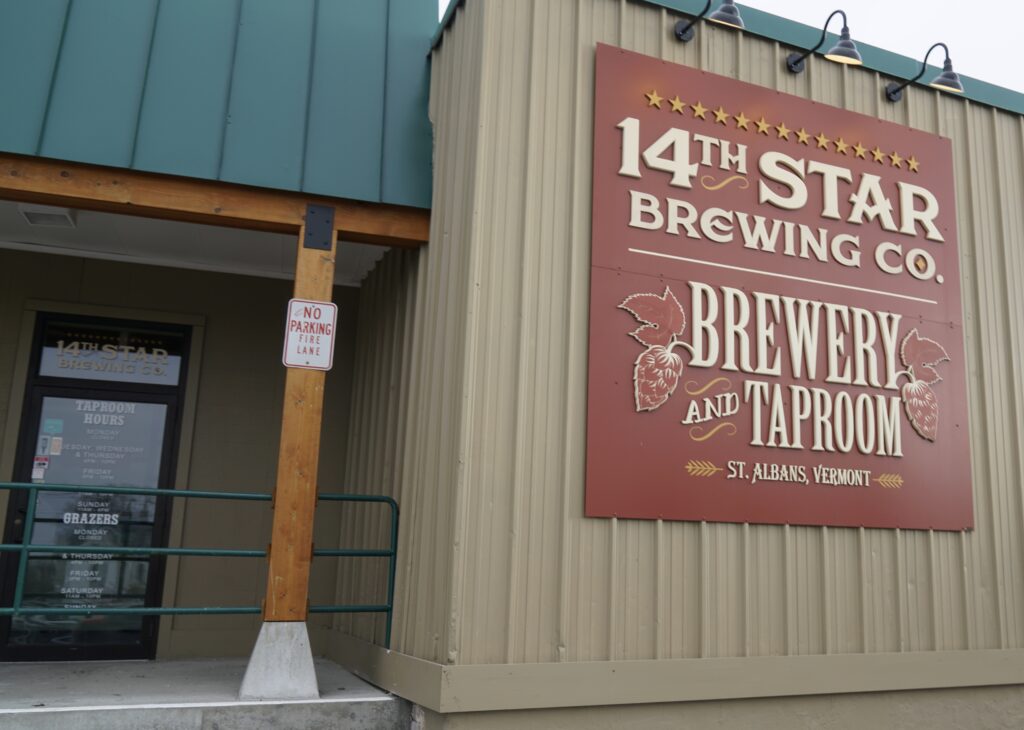
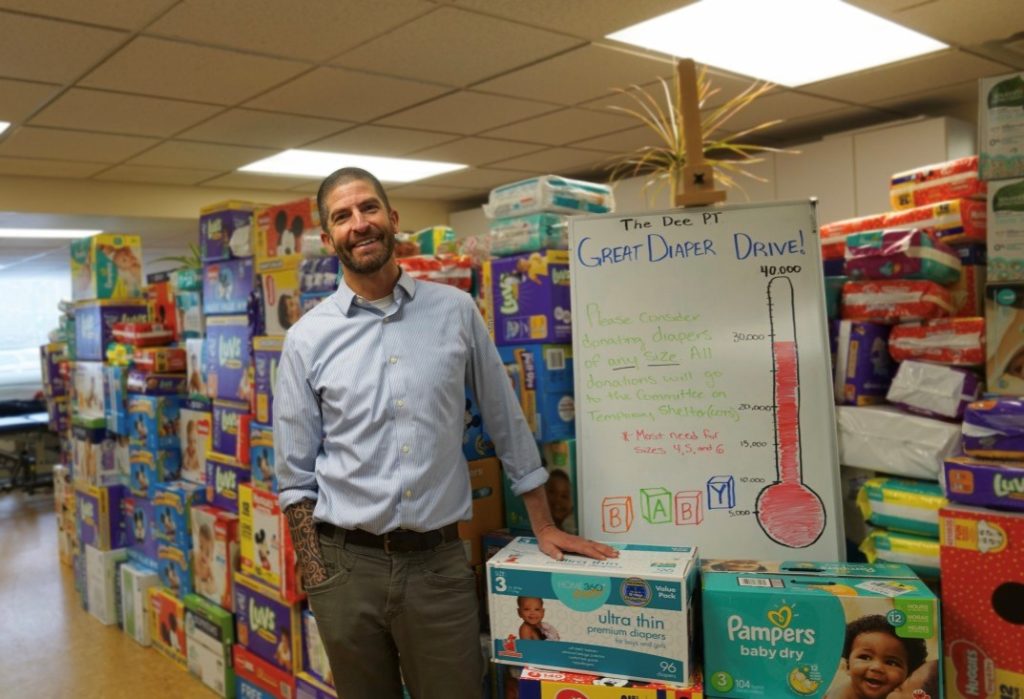 This is a monthly series in which the Attorney General will feature a Vermonter doing exemplary work in their community. Have someone you think should be featured? Email AGO.CAP@vermont.gov.
This is a monthly series in which the Attorney General will feature a Vermonter doing exemplary work in their community. Have someone you think should be featured? Email AGO.CAP@vermont.gov.